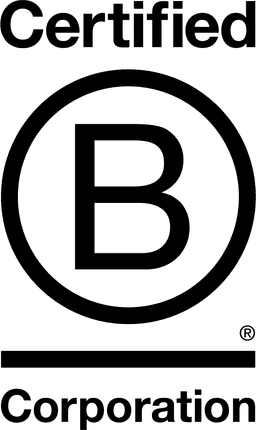

Assiniboine Credit Union

Manitoba, Canada
February 2020
Deposit bank - Developed Markets
Service with Minor Environmental Footprint
Canada
Money doing more. This simple thought holds a bigger truth. It represents the way ACU does business, their promise to the members and a commitment to the communities they live and work in. ACU is guided by the principles of "values-based banking", meaning that the credit union remains financially strong while being socially, environmentally and ethically responsible. ACU believes that money can and should, be used for good. To bring financial comfort, to help people's lives and to improve the environment. ACU is fortunate to be in a position to be able to use the credit union's expertise and resources to nurture self-reliant and sustainable communities, to help those less fortunate, and to help members achieve the quality of life they're seeking. All the while, ACU remains critically aware of the impact of business decisions on employees, members, the environment and on the communities their credit union serves. ACU will never forget that their members are also the owners of Assiniboine Credit Union. They've shaped the credit union, they're pretty happy with the results and feel good about being part of something bigger, a financial co-operative that's dedicated to the triple bottom line of improving the lives of people, bettering the planet and creating prosperity.
Overall B Impact Score
Governance 24.0
Governance evaluates a company's overall mission, engagement around its social/environmental impact, ethics, and transparency. This section also evaluates the ability of a company to protect their mission and formally consider stakeholders in decision making through their corporate structure (e.g. benefit corporation) or corporate governing documents.
What is this? A company with an Impact Business Model is intentionally designed to create a specific positive outcome for one of its stakeholders - such as workers, community, environment, or customers.
Workers 39.0
Workers evaluates a company’s contributions to its employees’ financial security, health & safety, wellness, career development, and engagement & satisfaction. In addition, this section recognizes business models designed to benefit workers, such as companies that are at least 40% owned by non-executive employees and those that have workforce development programs to support individuals with barriers to employment.
Community 45.8
Community evaluates a company’s engagement with and impact on the communities in which it operates, hires from, and sources from. Topics include diversity, equity & inclusion, economic impact, civic engagement, charitable giving, and supply chain management. In addition, this section recognizes business models that are designed to address specific community-oriented problems, such as poverty alleviation through fair trade sourcing or distribution via microenterprises, producer cooperative models, locally focused economic development, and formal charitable giving commitments.
What is this? A company with an Impact Business Model is intentionally designed to create a specific positive outcome for one of its stakeholders - such as workers, community, environment, or customers.
Environment 13.4
Environment evaluates a company’s overall environmental management practices as well as its impact on the air, climate, water, land, and biodiversity. This includes the direct impact of a company’s operations and, when applicable its supply chain and distribution channels. This section also recognizes companies with environmentally innovative production processes and those that sell products or services that have a positive environmental impact. Some examples might include products and services that create renewable energy, reduce consumption or waste, conserve land or wildlife, provide less toxic alternatives to the market, or educate people about environmental problems.
What is this? A company with an Impact Business Model is intentionally designed to create a specific positive outcome for one of its stakeholders - such as workers, community, environment, or customers.
Customers 41.4
Customers evaluates a company’s stewardship of its customers through the quality of its products and services, ethical marketing, data privacy and security, and feedback channels. In addition, this section recognizes products or services that are designed to address a particular social problem for or through its customers, such as health or educational products, arts & media products, serving underserved customers/clients, and services that improve the social impact of other businesses or organizations.
What is this? A company with an Impact Business Model is intentionally designed to create a specific positive outcome for one of its stakeholders - such as workers, community, environment, or customers.